Driver 4: Partnerships
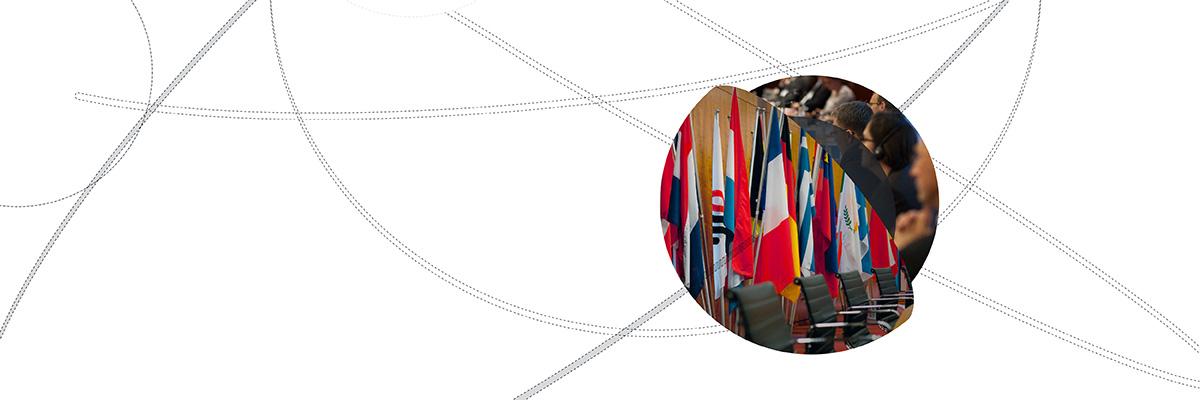
The European Patent Organisation is an institution founded on co-operation. We recognise that fostering innovation and growth in Europe transcends national boundaries and that the success of the patent system can only be fully realised by stakeholders working in partnership with one another.
Under Strategic Plan 2028 the EPO will collaborate closely with partners to increase quality and enhance the accessibility of the patent system for all, ensuring that innovation flourishes and that the patent system reaches its full potential for society.
- Strengthen European co-operation
-
This will include developing further the catalogue of co-operation projects to revisit and update current projects, but also to define new initiatives and opportunities for co-operation in the interest of member states and users. It will also include pursuing technical and procedural co-operation, encompassing stronger IT co-operation, greater convergence of practice and search co-operation. Furthermore, the catalogue of co-operation activities will contribute to new bilateral co-operation agreements tailored to the specific needs of member states and their stakeholders. In SP20208, the Office will also reach out to patent professionals and specialists to develop a programme that supports micro-entities, such as small and medium enterprises (SMEs) that own patent rights and are confronted with a potential litigation threat.
KPI targets

240 implementations as a result of IT co-operation projects
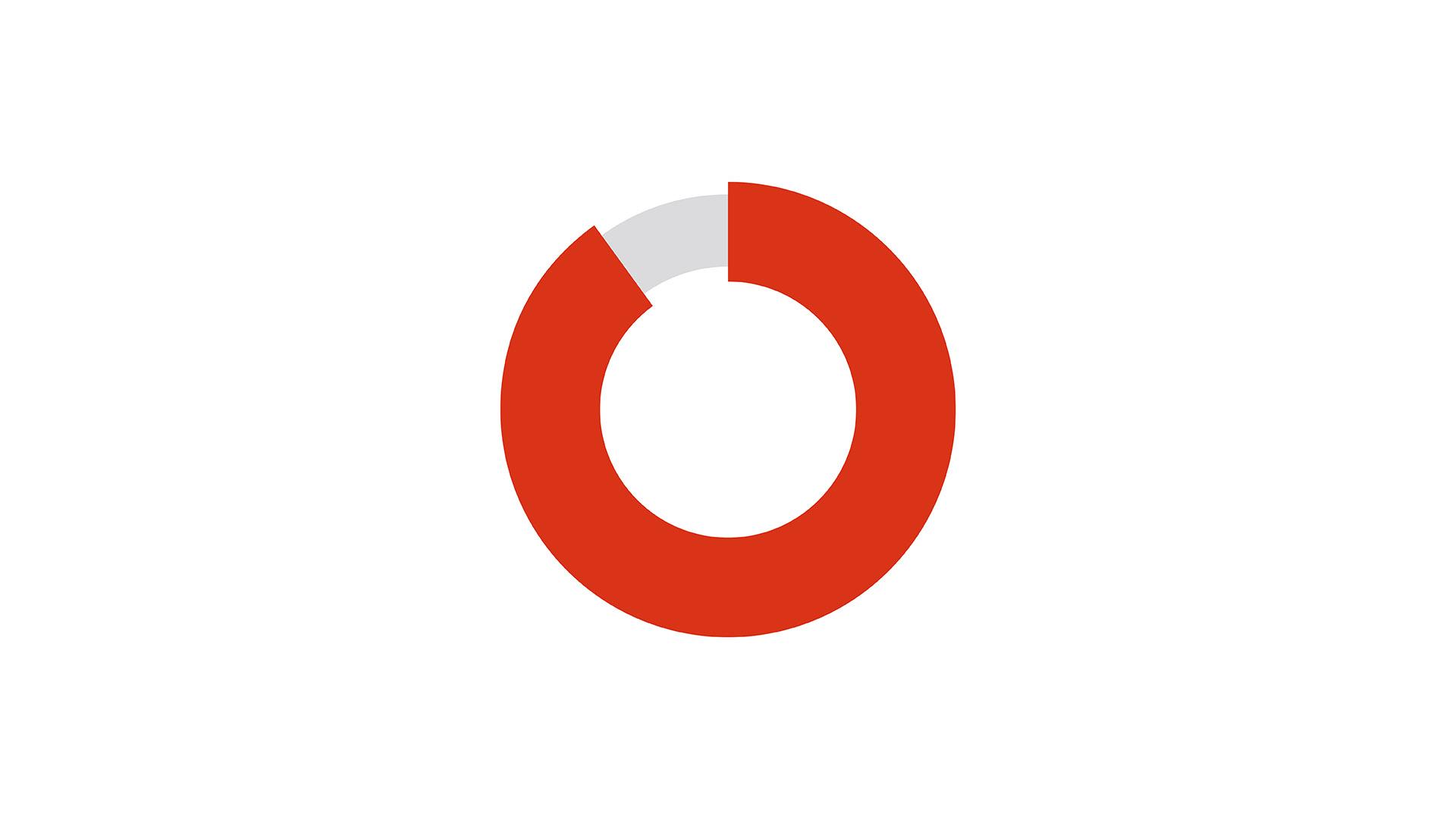
90% of member states agreeing with a common practice to implement the common practice at the national level
- Strengthen international co-operation
-
In SP2028, the Office will continue to pursue its strategic drive to broaden the geographical reach of the EPO's products and services, promoting a vision of the European patent as a catalyst for innovation, technology transfer and economic growth to the benefit of European innovators.
Primarily, the EPO will continue to pursue validation agreements as the preferred and most advanced form of co-operation with non-member states. As a secondary option, we may also explore reinforced partnerships, which will allow non-member states to reuse EPO work products.
Additionally, the EPO plans to further strengthen its partnerships with international and regional organisations, such as the World Intellectual Property Organization, European Commission and European Union Intellectual Property Office. To strengthen multilateral fora, the EPO will continue to work with key international partners via well-established co-operation fora, such as the Trilateral and the five largest intellectual property offices (IP5), to achieve convergence of practice and avoid duplication of work.
KPI target
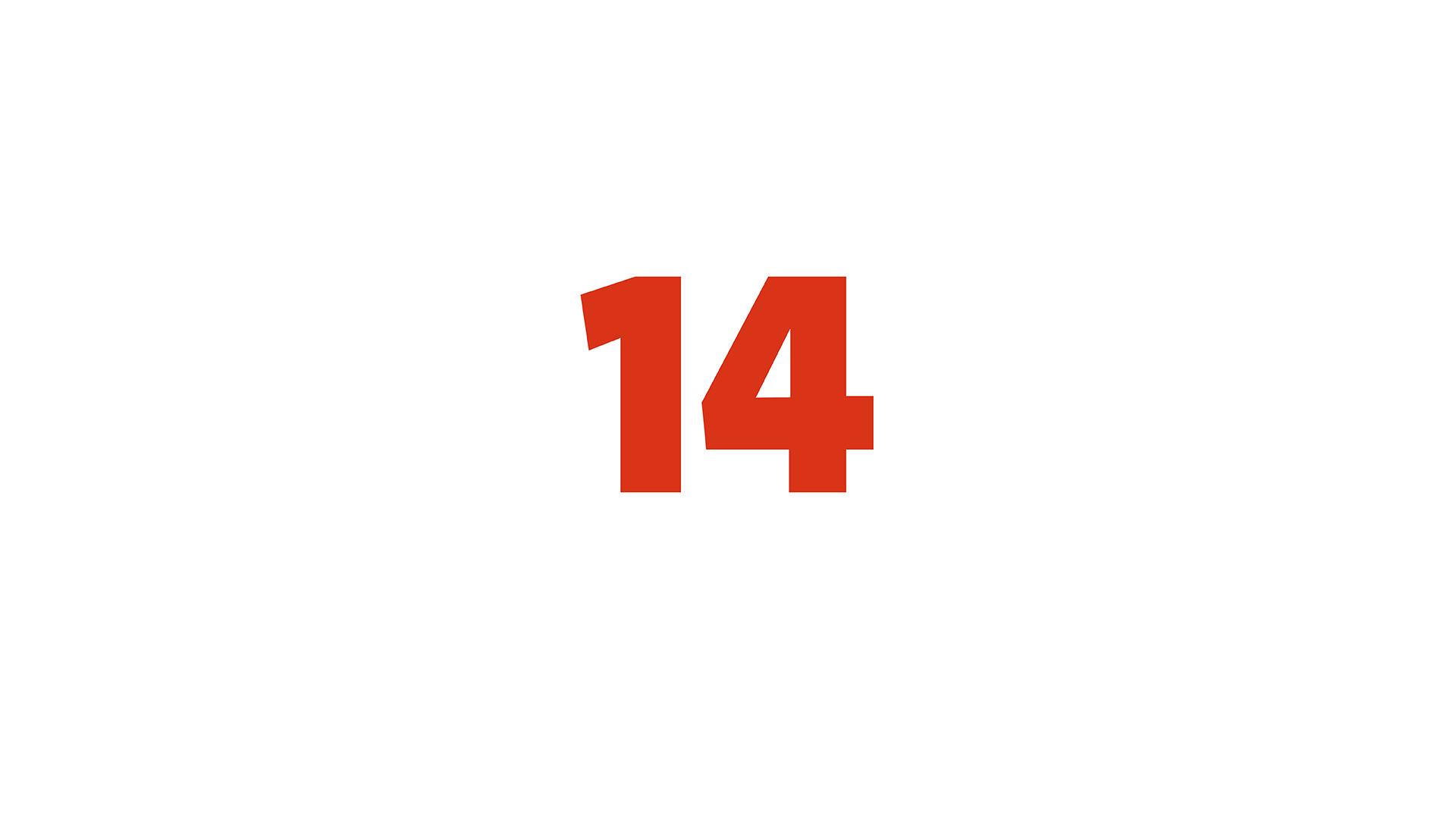
14 validation agreements in force or under negotiation following official request from the interested country and Administrative Council approval
- Increase skills and knowledge
-
In order to fulfil its mission to foster innovation, the EPO must develop its partnerships and co-operation with other actors and partners throughout the innovation ecosystem. Through the European Patent Academy, users will be equipped with specialised knowledge of the patent system, so they have the knowledge required to use the patent system effectively and reap its benefits. By working with partners, such as with member states and the CoCoNet network of communications experts from national patent offices, we will also build a broader awareness of the patent system. The EPO has recently developed the modular intellectual property educational framework (MIPEF) precisely with the aim of providing basic, yet fundamental, IP education to university students pursuing their studies in science, technology, engineering and maths (STEM).
Developing partnerships will also allow the EPO to continue providing leading patent intelligence that provides insight and helps businesses and policymakers to take informed decisions. Our partnerships with schools and universities will therefore complement other initiatives that help shape future generations of innovators and decisionmakers, such as the Young Professionals Programme (YP). Furthermore, the Observatory on Patents and Technology will offer a unique forum to generate further insight and encourage debate that can help lead to a more sustainable society.
KPI targets

80 universities to offer the modular intellectual property educational framework (MIPEF) as part of their curricula
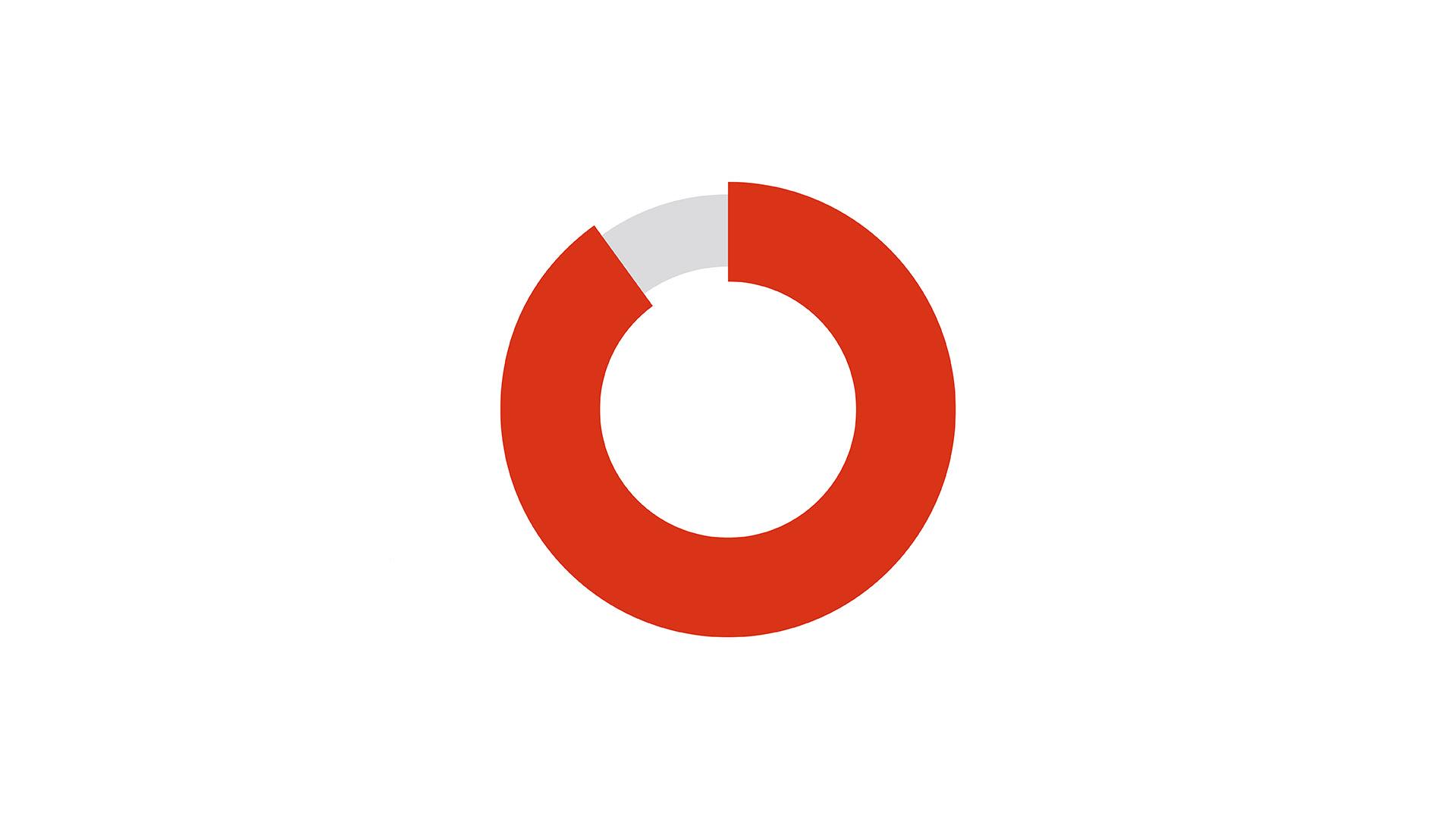
90% of universities in the Young Professionals Programme are universities offering degrees in science, technology, engineering and maths
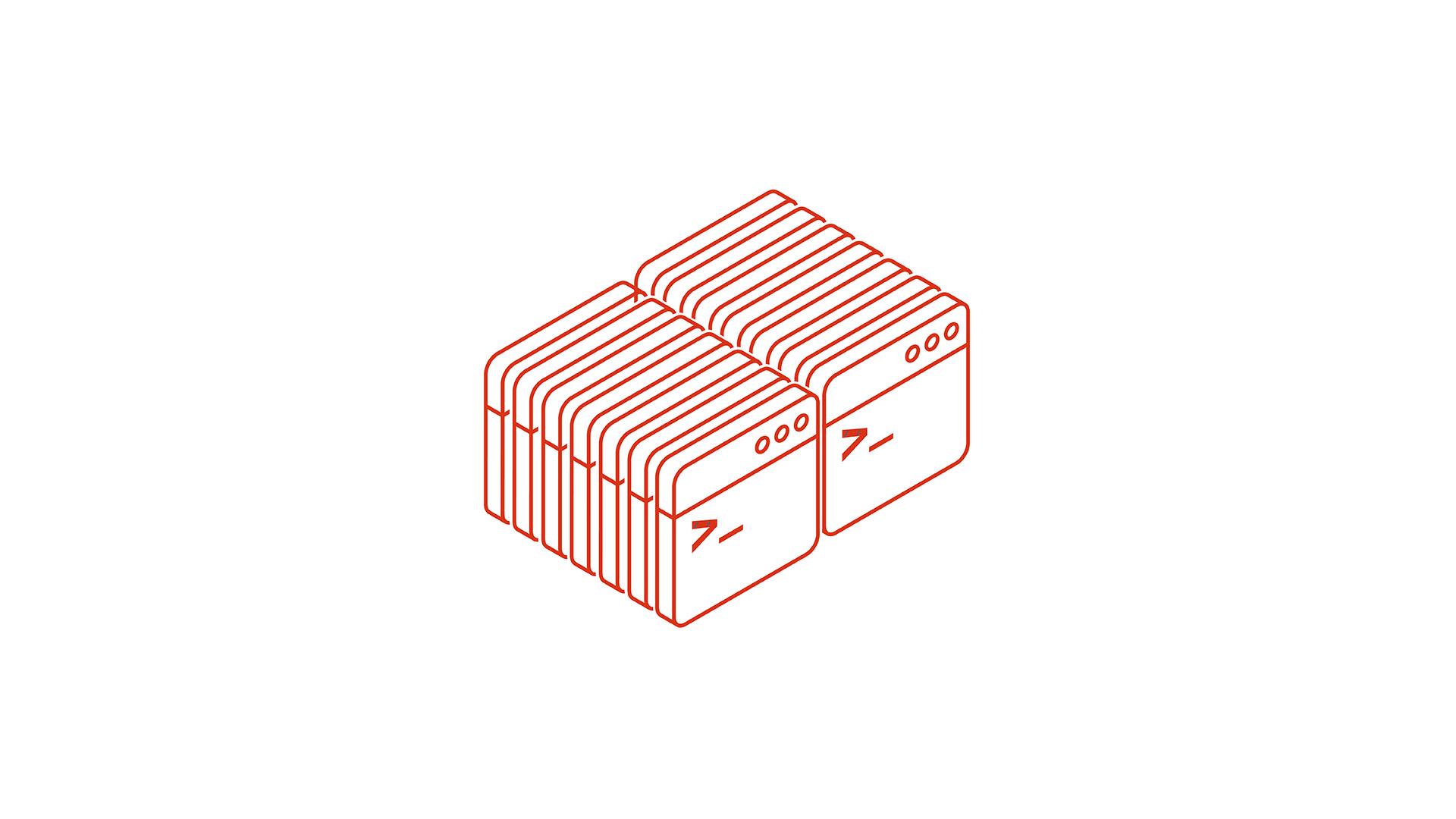
14 Espacenet technology platforms in place
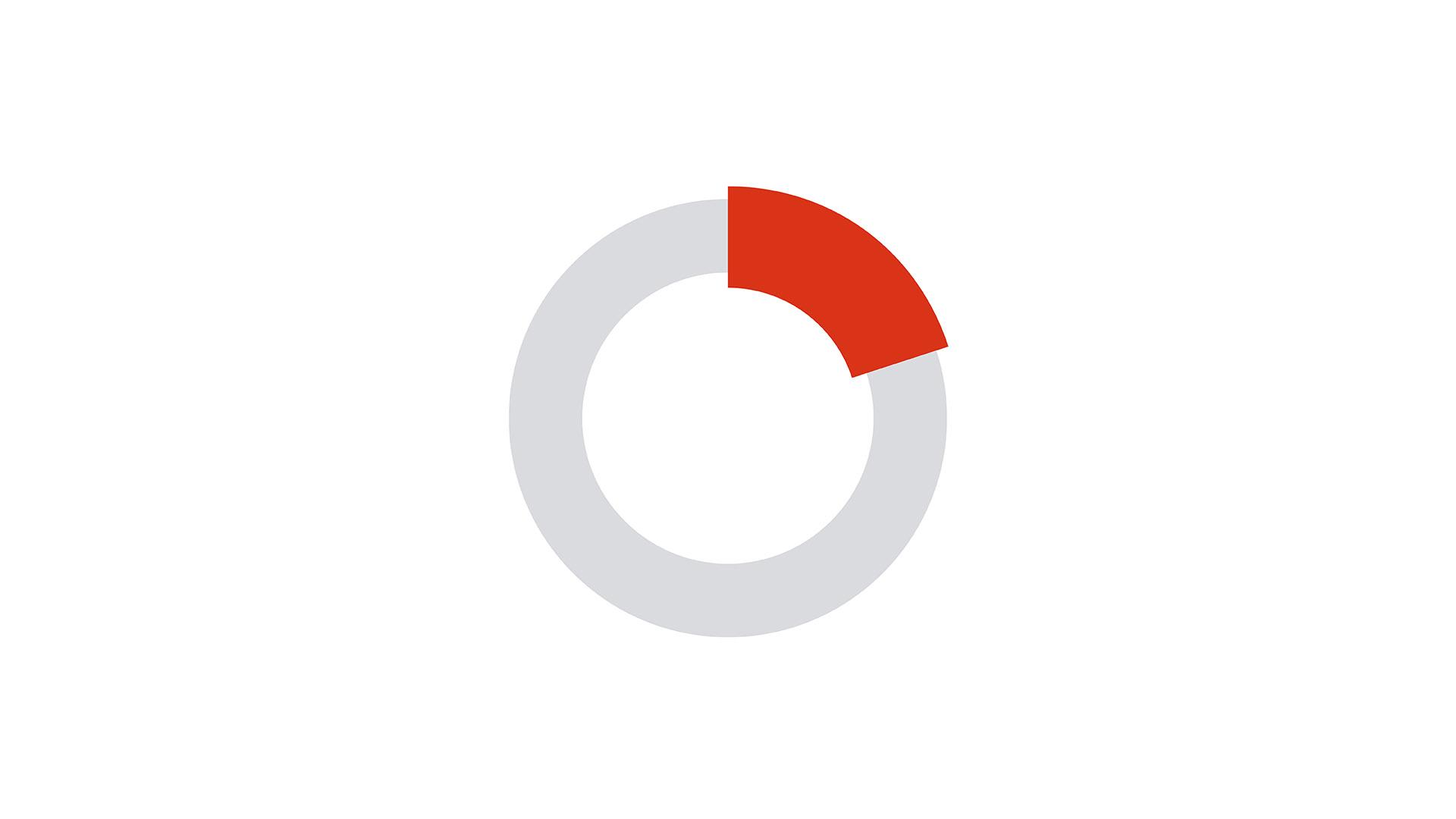
20% of patent information centres (PATLIB) Level 3 centre staff to have obtained a technology transfer certification
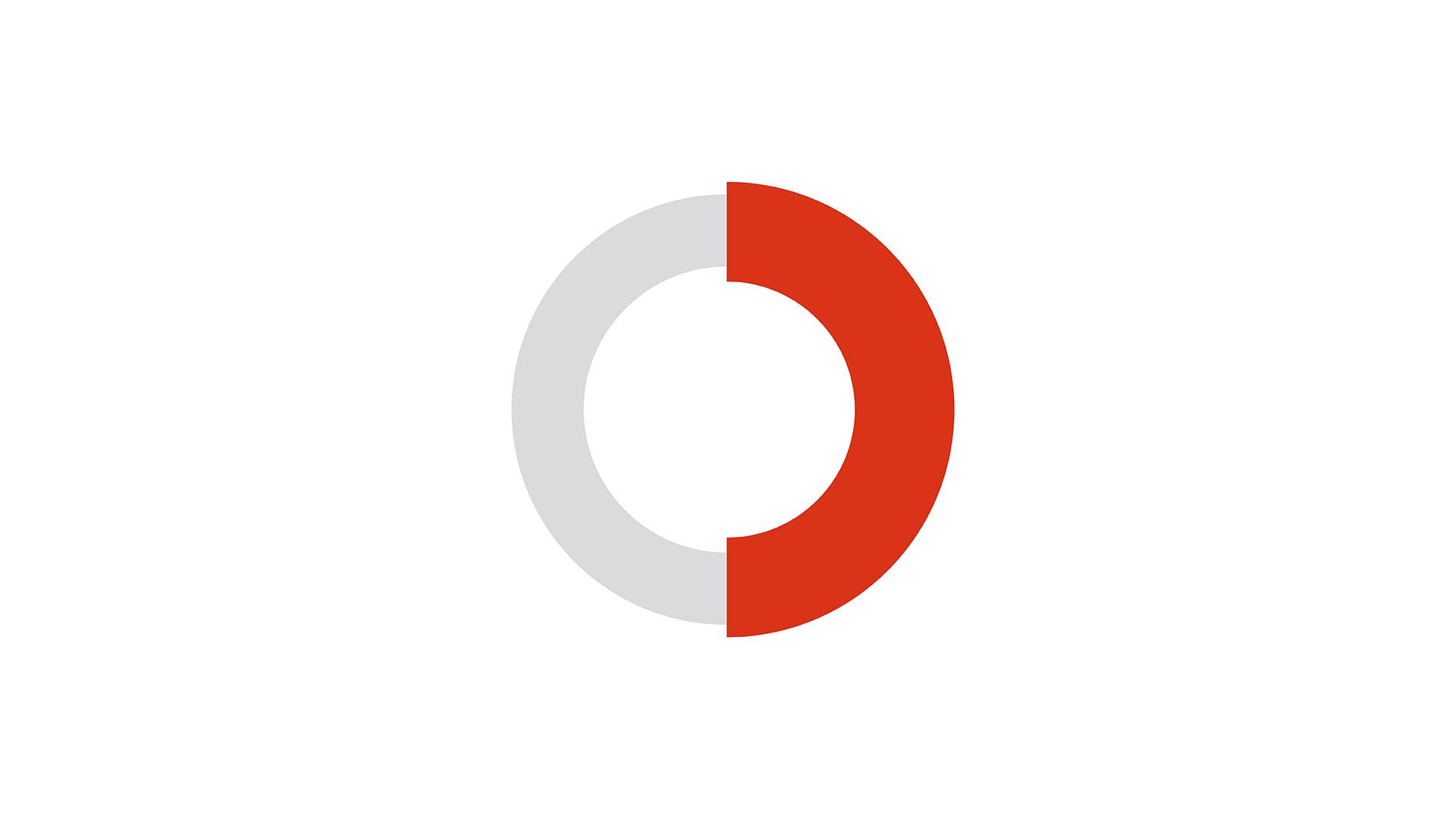
50% of PATLIB centre staff to have completed EPO technology transfer training provided by the European Patent Academy